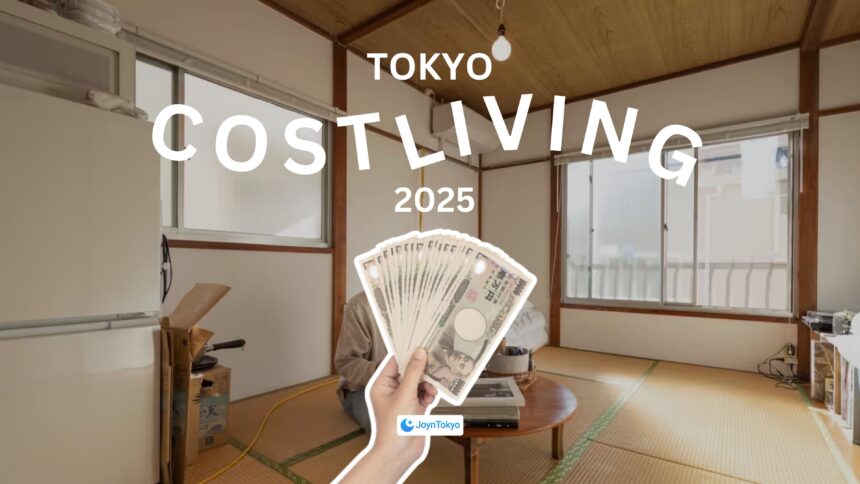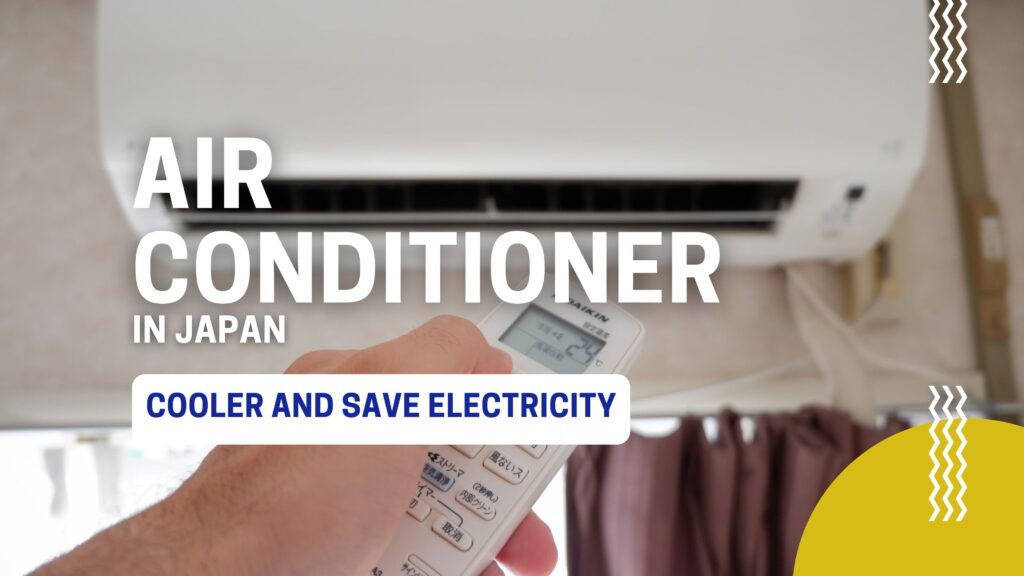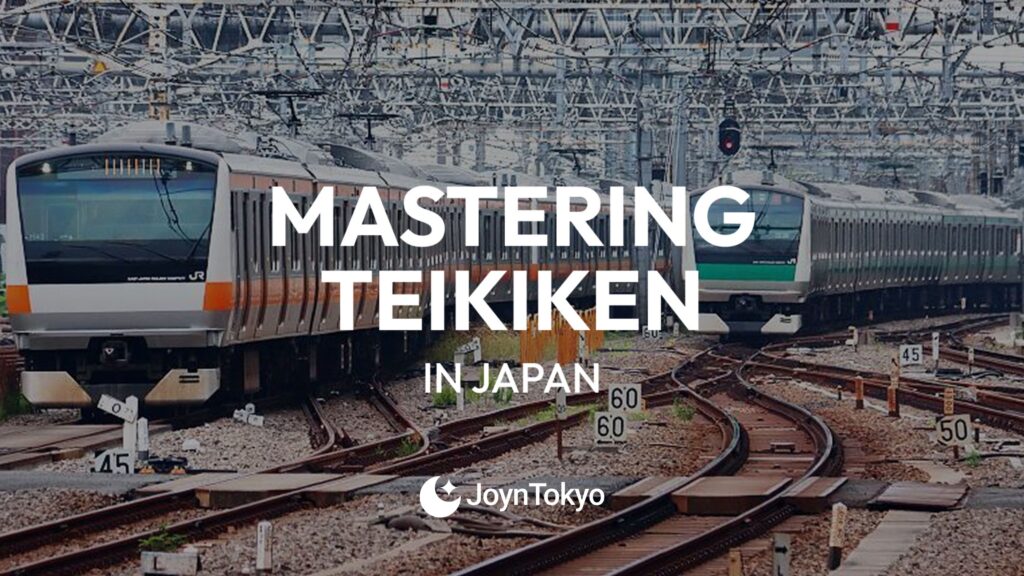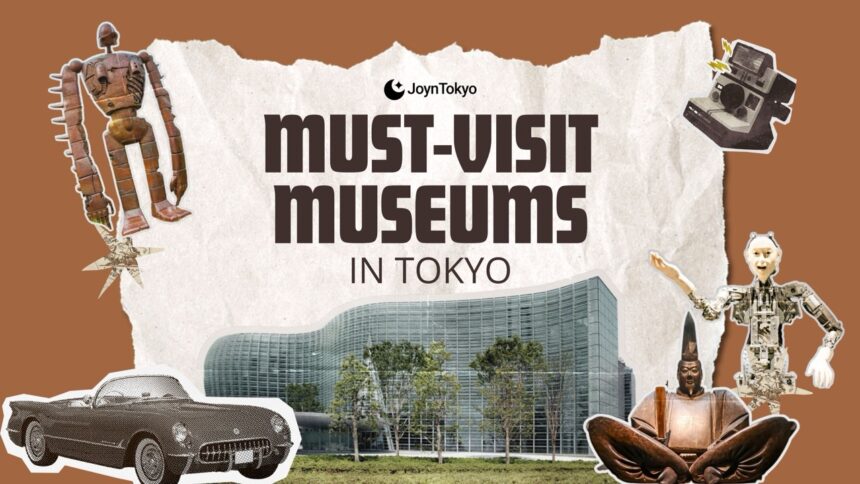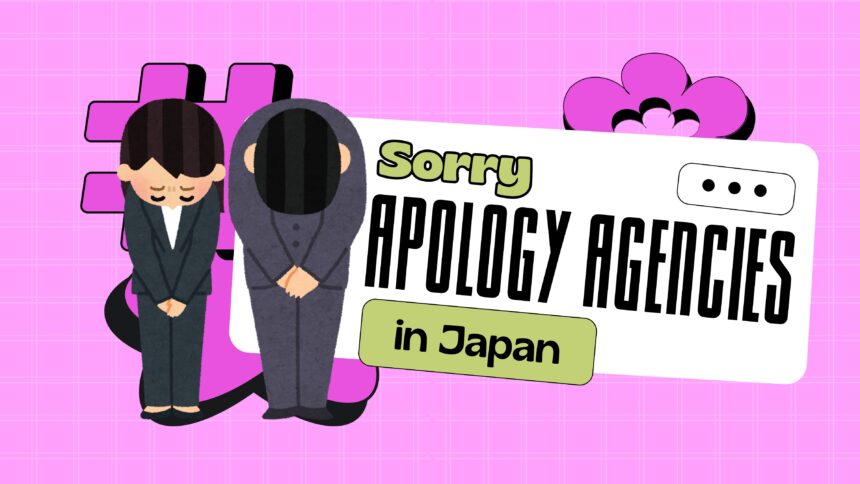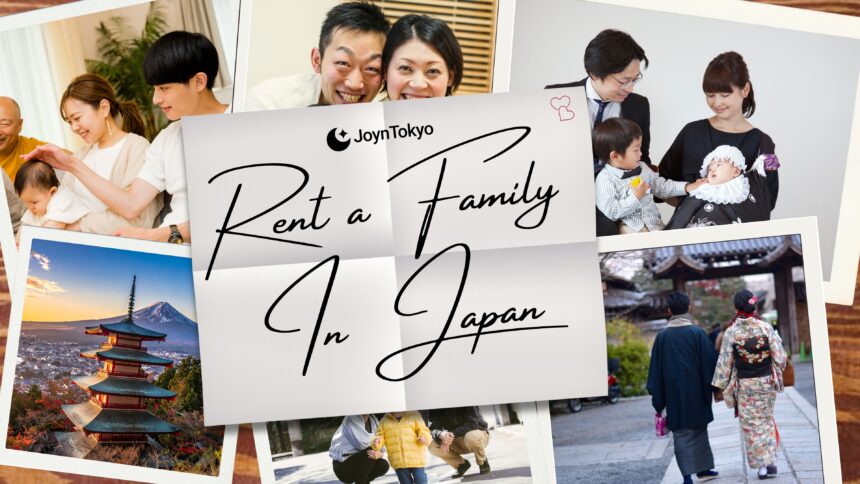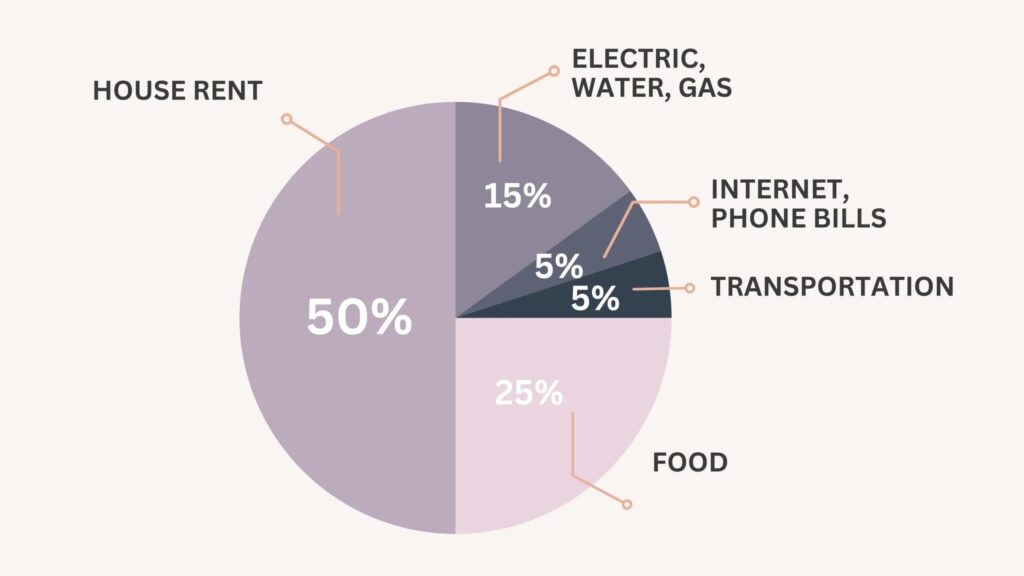
Tokyo is one of the world’s great cities. With more Michelin Stars than any other, it is the world’s culinary capital, and the scope of its history rivals any city in Europe. But how is the cost of living in Tokyo? Is it expensive to live here?
Well, Japan has enjoyed a reputation for being expensive, and Tokyo especially so, since the 1980s economic bubble. However, today, Tokyo, while being the most expensive city in Japan, is not too burdensome on your wallet if you know where to go and what to buy. That could be said of any city, though, so: what do the average costs of living here look like? This guide will take you through the most important and common costs of living in Tokyo.
Housing and Rent Prices in Tokyo

Housing is, naturally, the biggest monthly expense that you are going to face living in the city. How much you pay will, as with any city, depend on the exact location, as well as the size of your home. Naturally, there will be some variations, and who knows? You may get lucky and find a real bargain. But as a loose guide, here are some rough averages that you can expect.
- 1 Bedroom Apartment, in an outer suburb: ¥90,000/month
- 1 Bedroom Apartment, in the city center: ¥172,000/month
- 3 Bedroom Apartment, in an outer suburb: ¥188,000/month
- 3 Bedroom Apartment, in the city center: ¥432,000/month
Source: Relocate.me
Electricity Bills
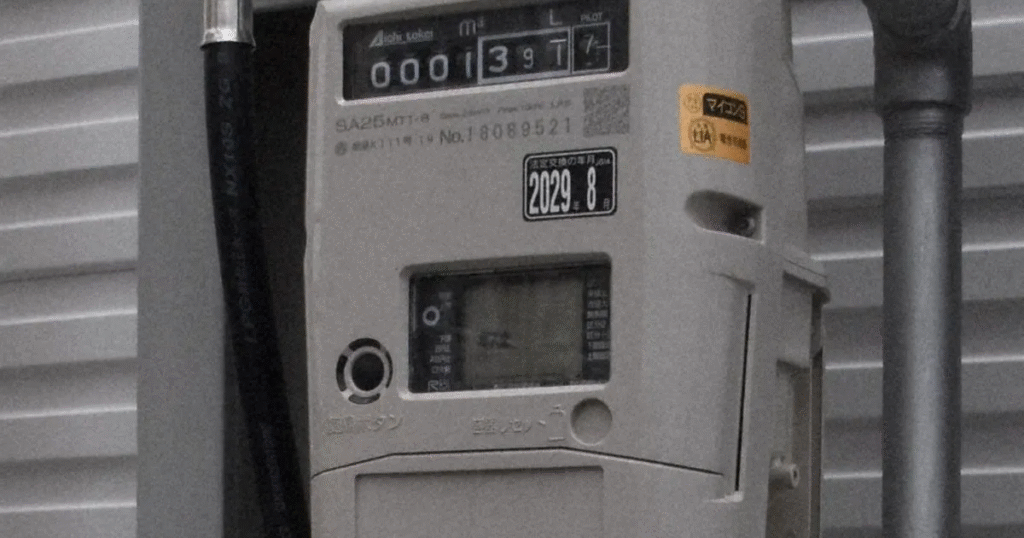
This is typically the most expensive of all the utilities. Although the government will occasionally add subsidies to base rates, it is generally very small. For a two-person family, it can average ¥13,000 per month, going up to ¥21,000 per month for a five-person family. However, this can be more in the summer and the winter, when use of air conditioners can increase the amount.
Read More
Gas Bills

source: Adobe Stock
This is typically the second biggest utility, though this comes in at ¥7,000 per month for a two-person family, though a five-person family only increases to ¥8,000.
Water Bills

This is a smaller utility typically, costing only ¥4,000 per month for a two-person family, though this again jumps to ¥8,000 per month for a family of five. In the summer, this will usually increase in price as people drink more water, but in 2025 the Tokyo Metropolitan Government announced that it would pay base rates for all Tokyoites during the summer months.
Internet
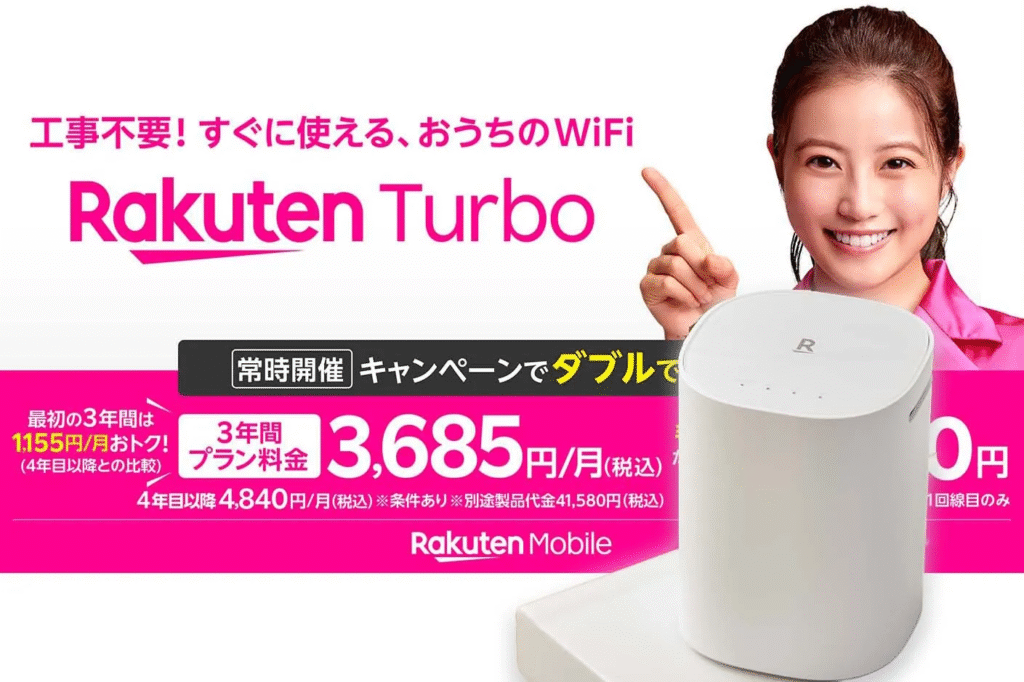
Some apartment buildings today will have Internet connections as a feature of the apartment, and you will pay a small fee, roughly ¥2,000 per month, to maintain it. However, if you organize your own Internet connection, you can expect to pay roughly ¥4,000 to ¥6,000 per month, depending on the plan that you get. However, most fiber-optic plans of around ¥4,000 are sufficient for the typical needs that a family will have: streaming, gaming, and web browsing are all seamlessly done simultaneously on my service.
Source: Numbeo
Mobile Phone Plans and Costs in Tokyo

The amount that you will pay for a mobile phone contract can be highly variable, depending on your plan. For a very basic plan from Rakuten, then you can get away with monthly payments of ¥1,100.
Most people, though, will want something with more options, such as more data or unlimited calling. For this, you can expect to pay roughly ¥3,000 to ¥7,000 per month, depending on how many GB of data you need.
Source: Numbeo
Start Your Own Japan Journey With Expert Guidance
Most people never make it to Japan because the start is confusing and tiring. Wrong visa route. Underestimated budget. Months lost to confusion.
Get personalized support for your new life in Japan.
Book Your FREE Consultation✓ 500+ Bookings ✓ English-speaking Relocation Support Experts
Transportation Expenses in Tokyo

Japan in general, and Tokyo in particular, are renowned for efficient and affordable public transport. This is doubly true as, if you are employed, many employers will reimburse the cost of your transportation to and from work. This is done by buying a commuter pass (teikiken/定期券) which can be done at any train station, though it does require an IC card, such as Suica or Pasmo.
Read More
For individual journeys, the prices can vary depending on the length of your journey. A short, one or two station hop can cost ¥140 at a minimum, while longer journeys across the city can be over ¥500 one-way.
Buses are also available, and unlike trains, you only pay one fare, usually around ¥180, per journey, no matter the length. But if you need to get a taxi, base fares start at ¥500, and typically increase at roughly ¥500 per kilometer. If, on the other hand, you have your own car, gasoline is presently ¥172 per liter.
Or if you want cheap, healthy transport… you can cycle! Tokyo does have many cycling lanes on the roads, but the majority of people who cycle tend to ride on the sidewalk. This can be extremely annoying for pedestrians, but in the end it is a lot safer.
Source: Numbeo
Food and Dining in Tokyo
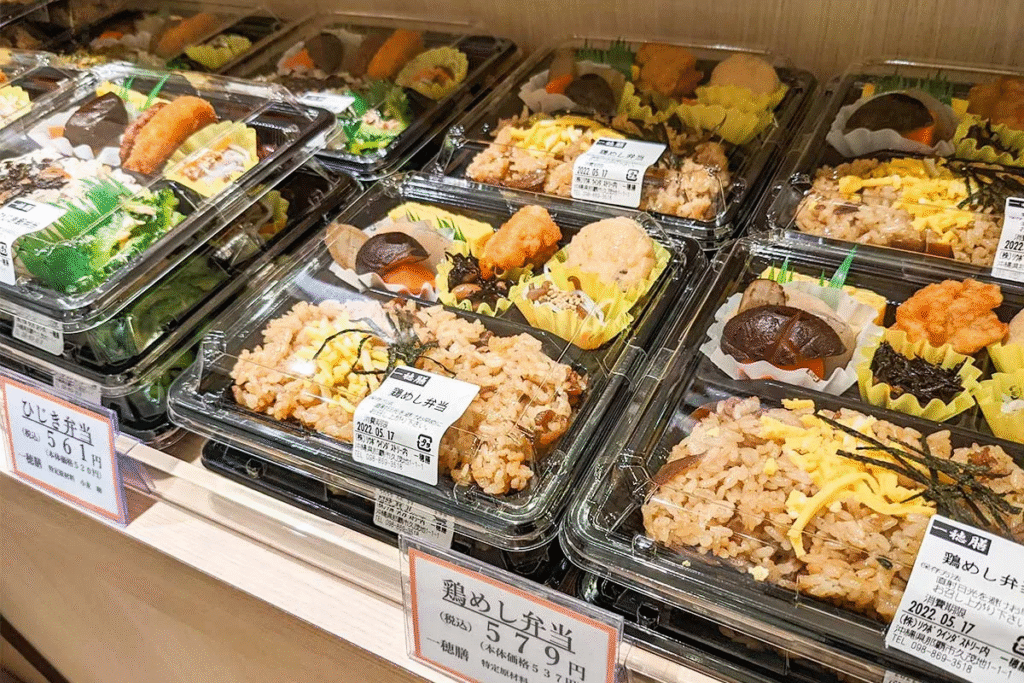
As with many things, your lifestyle will dictate how much you have to spend on food and dining. For example, while meat is relatively cheap in Japan, in Tokyo, fruit and vegetables are surprisingly expensive. As such, if you are a vegetarian, then you’ll probably see your grocery bill go up from what you are used to in other countries (and you will have reduced options dining out).
However, generally speaking, you can expect to spend ¥25,000 to ¥40,000 per month per person on groceries.
When it comes to eating out, Japan has a number of options. Fast food places will typically sell basic meals for roughly ¥800, though you can get cheaper deals at lunchtime. Non-fast food yet inexpensive restaurants, such as a decent ramen restaurant, will generally set one person back roughly ¥1,200. For mid-range restaurants, you can expect to pay roughly ¥7,000 for a dinner for two, though naturally this increases with drinks.
You can also dine out at izakaya, or Japanese pubs. These often offer meals as well as alcohol, and dinner and drinks at one of these places will usually cost between ¥2,500 and ¥4,000.
Source: Relocate.me
Healthcare, Insurance, and Medical Costs
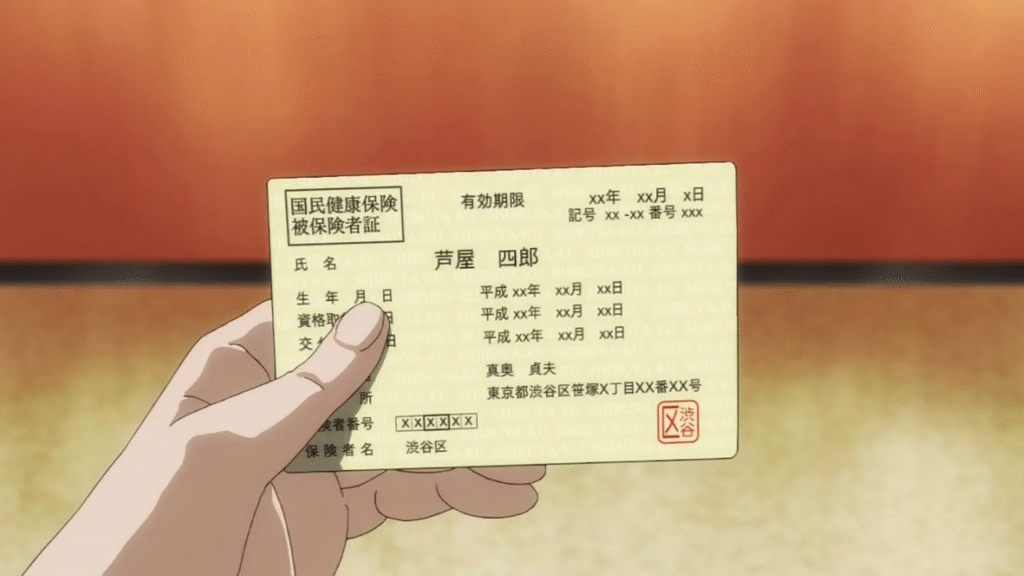
By law, if you are in Japan for over three months, you must have health insurance, either provided by your employer, or by the government, known as National Health Insurance (NHI). If your employer provides your insurance, then your premiums will be deducted directly from your wages. If you instead have government-provided NHI, you will receive bills that you can use to pay off your entire year’s premiums at once, or you can pay monthly. You can pay these bills at any convenience store.
However, you will still need to pay 30% of the cost for a visit to a doctor, hospital, dentist, or optician out of pocket.
Impact of Inflation on Tokyo’s Cost of Living
Prices have been rising across the world, and Japan is no exception. Five kilograms of rice rose in price from a little over ¥2,000 in June of 2024 to over ¥4,000 in 2025, and the prices are being passed on to the consumer. The government is releasing some of its rice reserves to drop prices, but the effect has so far been negligible. Electricity, gas, and water are also becoming more expensive, though as mentioned, some local governments are making efforts to reduce prices.
In Summary
Those are the major day-to-day costs of living in Tokyo. Your mileage may vary depending on your lifestyle, but if you follow these rough lines, then you should be able to estimate what your monthly outgoings will be, and plan accordingly.


